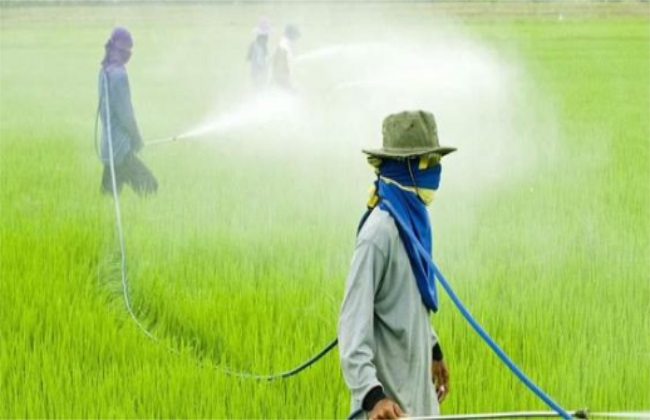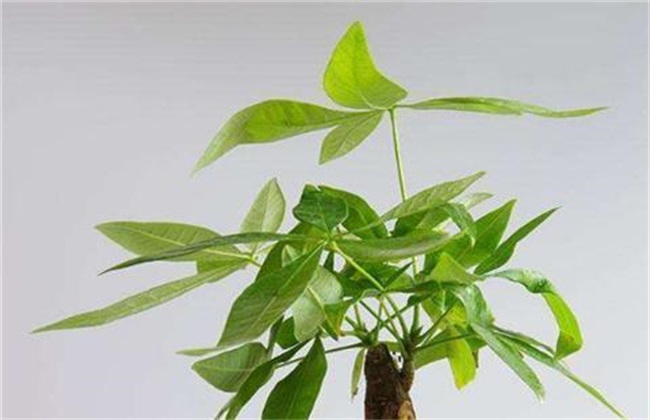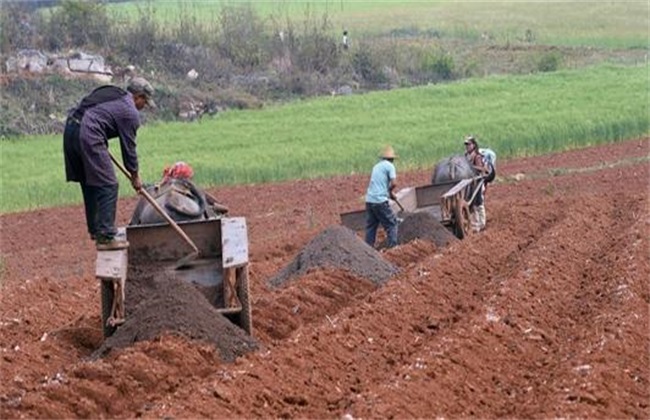How to improve pesticide efficacy
Pesticides are the key substances used to prevent plant diseases and insect pests, no matter what crops are planted, they are more or less harmful to plant diseases and insect pests. At this time, it is necessary to use pesticides for prevention and control. But when many people use pesticides, they will find that the efficacy of pesticides is not very good. So how can we improve the efficacy of pesticides? The following editor will give you a brief introduction, let's have a look!

1. Choose drugs for symptoms.
There are many kinds of pesticides now, including insecticidal and germicidal, insecticidal and weeding and other uses. Therefore, if we want to ensure the efficacy of pesticides, the first thing we need to do well is to select the appropriate pesticides for the prevention and control of the roots. Do not abuse and misuse, should give priority to symptomatic drug selection. At the same time, no matter what kind of pesticide is chosen, it should be mainly with high efficiency, low toxicity and low residue, which can not only ensure the control effect but also reduce the pollution to the environment. And after the selection, we also need to understand the main performance characteristics and prevention objects again.
2. Application time
The occurrence of diseases and insect pests is regular, and most of the diseases and insect pests need to be in a specific environment. Therefore, we should pay attention to the selection of appropriate application time, so as to maximize the efficacy of pesticides. If it is usually used to prevent diseases, it should be carried out in the early stages of the disease, while pests naturally need to be at a young age. Therefore, it is necessary for us to do a good job of field investigation in order to determine the application time of pesticides. At the same time, we should also pay attention to the prevention according to the climatic environment, for example, at high temperature, the temperature difference between day and night is large, prone to diseases such as gray mold.
3. Application amount
When spraying pesticides, its dosage is also very important. The dosage should not be too high, if it is too high, it will not only lead to waste, increase the cost of medication, but also cause greater pollution to the environment. It can even cause drug damage to crops. However, the dosage should not be too low, if it is too low, the prevention and control effect is very poor. Therefore, when we use it, we should pay attention to strictly control the dosage according to the instructions for the use of pesticides and not increase it blindly and casually. However, we also need to adjust flexibly according to crop types, growth stages and other factors.
4. Method of drug application
The method of pesticide application is also the main factor affecting the efficacy of pesticides. Because there are many objects that need to be prevented and treated, there will be many ways to apply them. One of the more common methods of application is spray. When we spray, the diseases, insects and herbicide sprayers need to be separated. Avoid affecting the efficacy and causing drug damage to crops. If the soil-borne disease is serious, then the main method of application is root irrigation. On the other hand, underground pests are spread or drenched. For some insect pests in which the adults harm the leaves and the larvae harm the roots, the efficacy can only be ensured by the combination of spray irrigation.
The above is a brief introduction to how to improve the efficacy of pesticides. That's all for today's introduction. This article is for reference only. I hope it can help you all.
Related
- Fuxing push coffee new agricultural production and marketing class: lack of small-scale processing plants
- Jujube rice field leisure farm deep ploughing Yilan for five years to create a space for organic food and play
- Nongyu Farm-A trial of organic papaya for brave women with advanced technology
- Four points for attention in the prevention and control of diseases and insect pests of edible fungi
- How to add nutrient solution to Edible Fungi
- Is there any good way to control edible fungus mites?
- Open Inoculation Technology of Edible Fungi
- Is there any clever way to use fertilizer for edible fungus in winter?
- What agents are used to kill the pathogens of edible fungi in the mushroom shed?
- Rapid drying of Edible Fungi



